Bridging the gap between disciplines for better conservation with Tyler Pounds 🌿🔬🤝
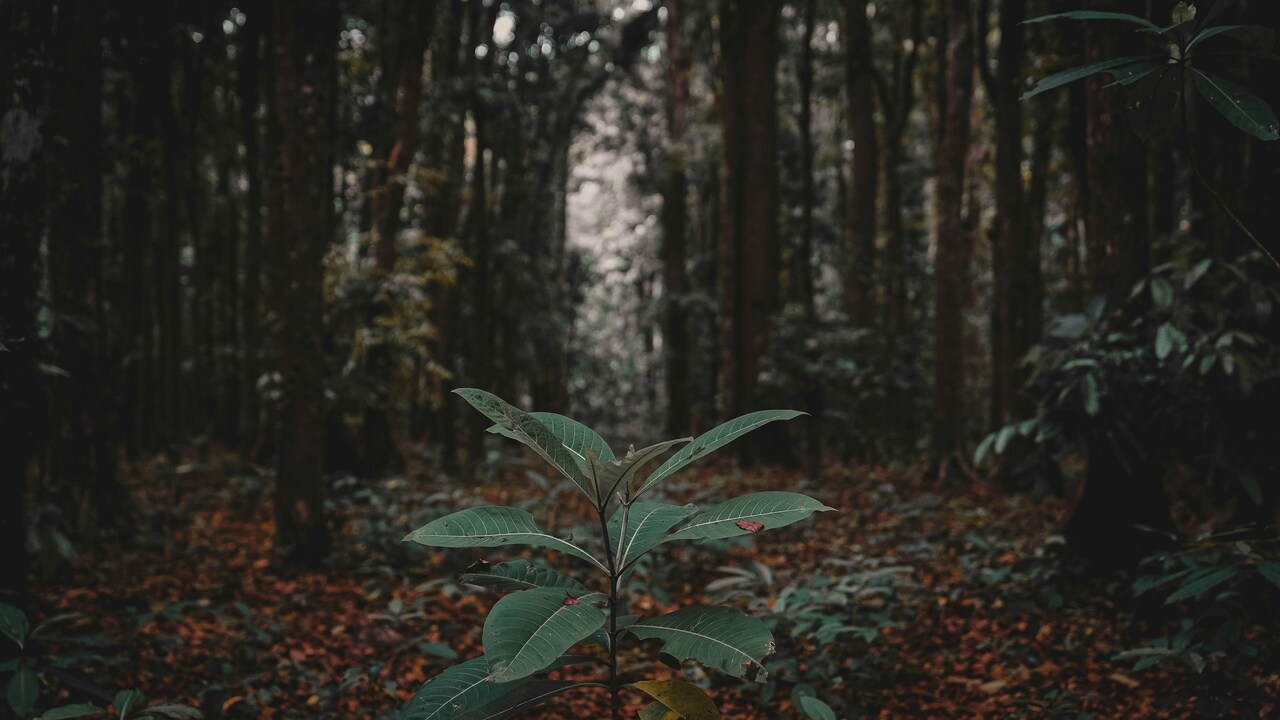
My name is Flavia, and I am a part of WildHub’s Conservation Catalyst programme, which is all about creating engaging content through interviewing experts in the field of conservation about their expertise and experience. I currently work as a researcher and lecturer in environmental social sciences & humanities, while passionately advocating for our WildHub community. 🌍🌱♻️📢
Back in July, I reached out to Tyler Pounds, ecological anthropologist and ethnobiologist from the United States, to chat about his work and the challenges of working in conservation as an interdisciplinary scientist.
Find the conversation below👇_____________________________________________________________________
Flavia: Could you tell me a bit about yourself? What is your background and how did you get into conservation?
Tyler: Well, first let me start off by saying that I grew up on my grandparents' farm in Ohio over the summers. Both my mother and father’s family were originally from Ohio. We moved away when I was very young (about 3 or 4 years old) to another state. My dad is a clinical forensic psychologist. He got a job teaching at a University and then later opened his own private practice. I would always go back and spend the summers in Ohio with my Grandparents. They lived in Greenville, Ohio.
Greenville is one of the country’s oldest farming communities. There are many farms there that have existed since the early 1700s. My grandparents taught me how to grow a garden, how to take care of animals, how to ride horses, how to drive a tractor, starting at age 5. My mother later re-married. My stepdad took me hunting and fishing starting at age 5. So I guess, I have always been around animals, wildlife, taken care of plants, etc. I am half Native American and therefore I am an Indigenous Person. Indigenous People (Native Americans included) generally learn by doing. So, I grew up utilizing and learning a lot of “Traditional Ecological Knowledge” (TEK) and Local Ecological Knowledge (LEK) from farming, hunting, fishing, etc.
My academic background has combined anthropology and fish, wildlife conservation ecology. I am officially an ecological anthropologist, ethnobiologist. I utilize ethnographic field methods and various interview techniques with the wildlife surveying techniques that I have learned over the years in order to create “ad-hoc” research in the field of ethnobiology. This is to gain insights into how humans are playing a critical role in either sustaining or degrading wildlife populations. I guess by definition I am also a “integrated wildlife biologist”. I am utilizing many, many fields all at once simultaneously in order to create such advanced research.
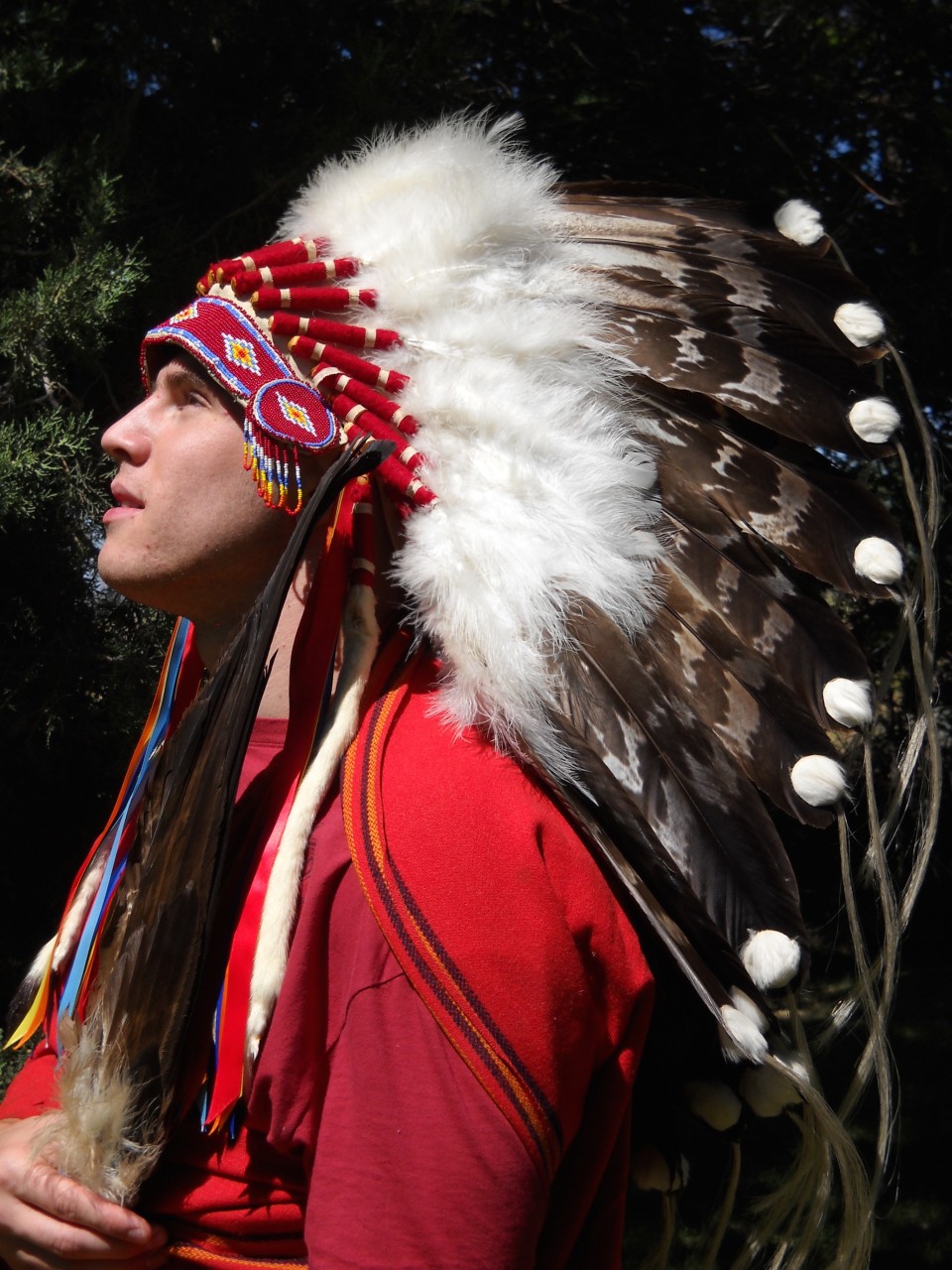 ©TylerPounds
©TylerPounds
Flavia: I read you are a National Science Foundation Summer Scholar. What is the NSF program?
Tyler: The National Science Foundation Summer Scholar’s Program is a program designed to further minority groups as they are either pursuing an Associates, Bachelors, Master’s in the fields of Science (STEM). It is a “early career” internship program designed to introduce the mission and goals of the National Science Foundation in Washington, D.C. When I was working at the National Science Foundation, I was halfway through my Master’s Program at New Mexico State University. They hired me as a “Temporary Contractor” as a Data Analytics Technician. My job was to analyze funding for about 7 different minority groups from over 200 different universities. I was analyzing funding sources in the 100’s of millions of dollars total range. They were trying to figure out what minority groups were receiving the most funding at the time, so they could better serve under-represented minority groups. I completed the program during the summer of 2019.
Flavia: You published two books in recent years, were these publications the result of your studies? Are you currently working on other publications?
Tyler: Yes, both of my books in ethnobotany as well as in ethnoecology were the result of my studies at New Mexico State University. It takes an extraordinarily long time to publish books, and it took me up to 4 years after graduating to publish two books. I am currently working on a third book at the moment in order to scientifically standardize Traditional Ecological Knowledge (TEK) and Local Ecological Knowledge (LEK) systems for application and use in the field(s) of conservation.
Flavia: Your books explore what you call "Integrated Human-Nature Relations", can you tell me more about this "school of thought"?
Tyler: I can only partially tell you where I am going with it. “Integrated Human Nature Relations” is an ongoing book series that I had originally envisioned at 10 books total before my death. I do not know if I will get to publish all 10 books. “Integrated Human-Nature Relations” is simply being constructed and designed to bring people back to nature and to help people figure out “how and why nature is important to them”.
I see too much desensitization in society with technology and AI. People are becoming ever more reliant on technology, and this seems to be driving away people from nature.
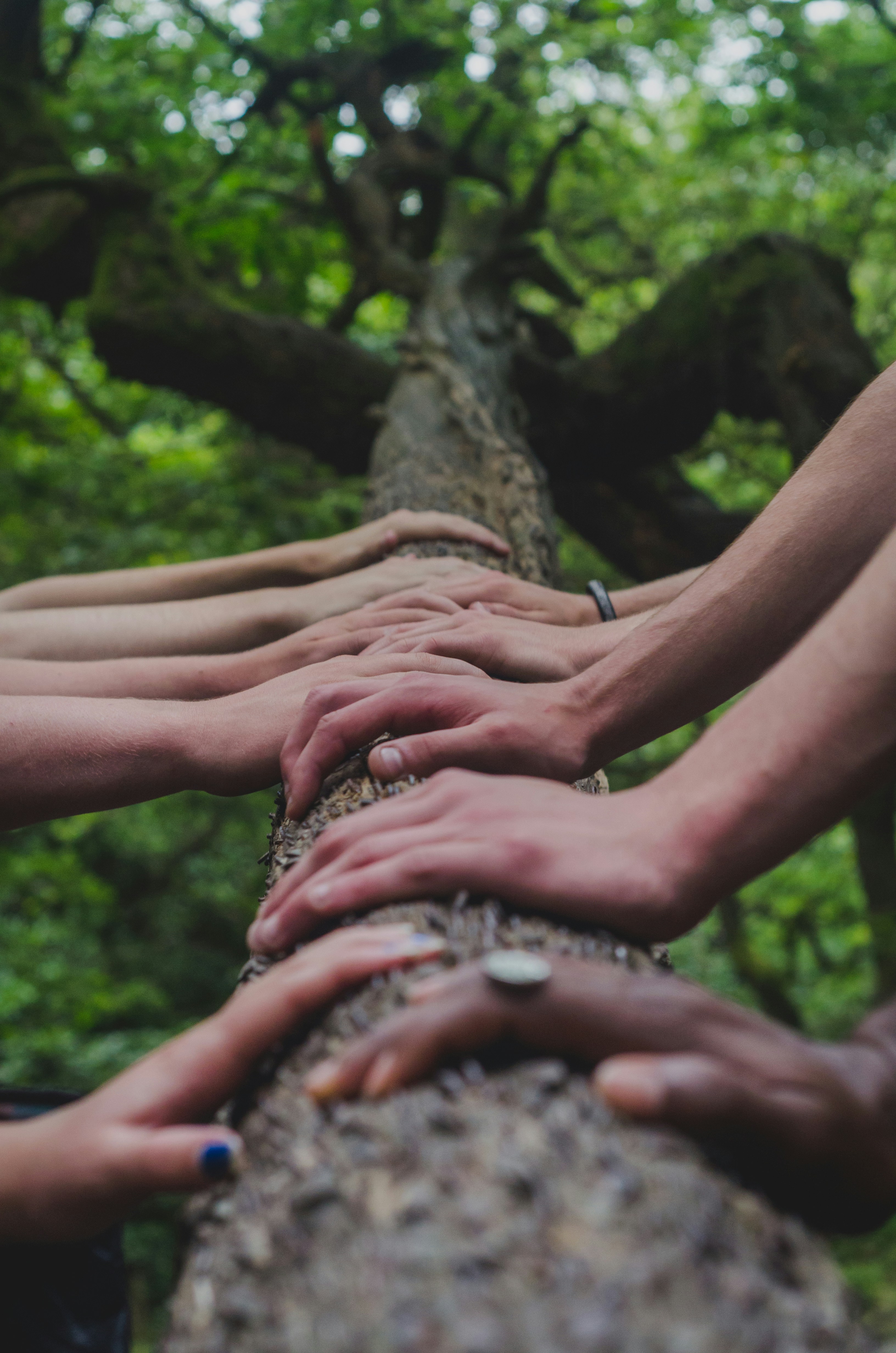
Flavia: How do you think this "school of thought" could positively contribute to conservation beyond academia?
Tyler: Well, I believe Integrated Human-Nature Relations could just simply bring about a sense of awareness to people and help them to realize how and why nature is important to them. It’s being designed to help people appreciate nature once more in our society.
Flavia: You mentioned in a few comments on WildHub that you have faced many barriers in the field of conservation in the US. Would you like to expand on that? And was this mostly within academia?
Tyler: In the United States, science is practiced very differently than in other parts of the world. I am an interdisciplinary scientist. I am an ecological anthropologist and ethnobiologist. Quite simply, I conduct transdisciplinary “ad-hoc” research in order to figure out how humans are either sustaining or degrading wildlife populations. This is possible through my own research designs utilizing integrated biology and integrated biological approaches in the 21st century. The problem that I have had is most scientists in the United States seem to be under the impression (especially in the fish and wildlife conservation sector) that only people who have degrees in biology, ecology, zoology, botany, natural resources should be allowed to manage and work in the conservation sector. They see scientists such as myself as being an individual that “outsources” their own work. They don’t seemingly consider the fact that we are in the Anthropocene and that humans are the cause of over 99.5 percent of all ecological destruction on the planet.
Me being an ecological anthropologist, ethnobiologist, I have been trained on how to determine specifically how and why humans are interfacing with wildlife, species, environment either positively or negatively. I have never understood why most people in the United States have been so opposed to me working in the field of conservation.
Flavia: What do you think needs to change in the field of conservation (and in academia) to be more diverse, inclusive and equitable for all?
Tyler: I believe that universities need to utilize the field of ethnobiology and ecological anthropology more as humans are the sole causation of ecological destruction in the world at this time (Anthropocene). We need to start directly addressing the problems with species, biodiversity loss (which is solely caused by humans) rather than simply “putting band-aids” on a much more serious underlying problem.
A big thank you to Tyler Pounds for chatting with me about his experience within the conservation sector in the US and more broadly about the barriers to interdisciplinarity in environmental research and conservation.
Many of us, interdisciplinary scientists, still face multiple challenges in getting our work recognised within more traditional fields of study. Interdisciplinarity is inherently "problem-oriented" - that is, its theory and methods are designed to address the complexity of social and environmental problems. We are trained to connect knowledge and foster a holistic understanding of the world.
The world we live in is interconnected and complex. Addressing contemporary challenges, like the ones related to conservation, requires a holistic approach that transcends traditional disciplinary boundaries. The need for interdisciplinary approaches to solve such multidimensional challenges is essential, and collaboration across disciplines is no longer optional but rather necessary. #interdisciplinarycollaborationforabetterfuture 🤝🧠🔬🎨⚙️📚🧩🌱🌍🚀
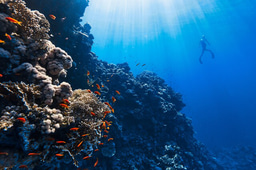
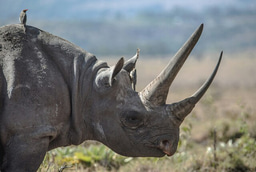
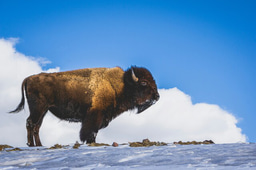
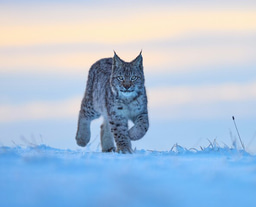
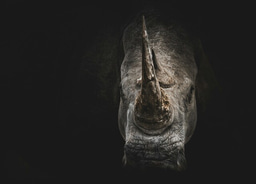
Please sign in or register for FREE
If you are a registered user on WildHub, please sign in
Aww, thank you Flavia! This is awesome and amazing! You do alot for our community. I wish You, Thirza, the rest of our community the best and hopefully we can help heal the earth. I thank you for being so respectful. You have given me a lot of good advice. I am going to wait until Trump gets out of office as our President before I attempt to go back and get a Ph.D. Wish me luck!
Cheers,
Tyler Pounds
My pleasure, Tyler! Thank you for contributing to WildHub by sharing your story.
I completely understand your decision to wait until Trump is out of office 🍊🚪🇺🇸 - honestly, that day can’t come soon enough! 🗳️✨
Best of luck when the time comes to pursue your PhD, you've got what it takes to succeed! And don’t hesitate to reach out if we can support you in any way during your PhD search or application process.
Ms. Flavia Manieri,
I will definitely keep in touch once Trump is out of office. I do appreciate all of the support that WildHub has given me throughout this process. I will reach out to you all on the Ph.D process once I am ready and Trump is gone. I am going to take you up on that offer!
Best,
Tyler Pounds
@Rafsan Jany Rahat This might interest you!